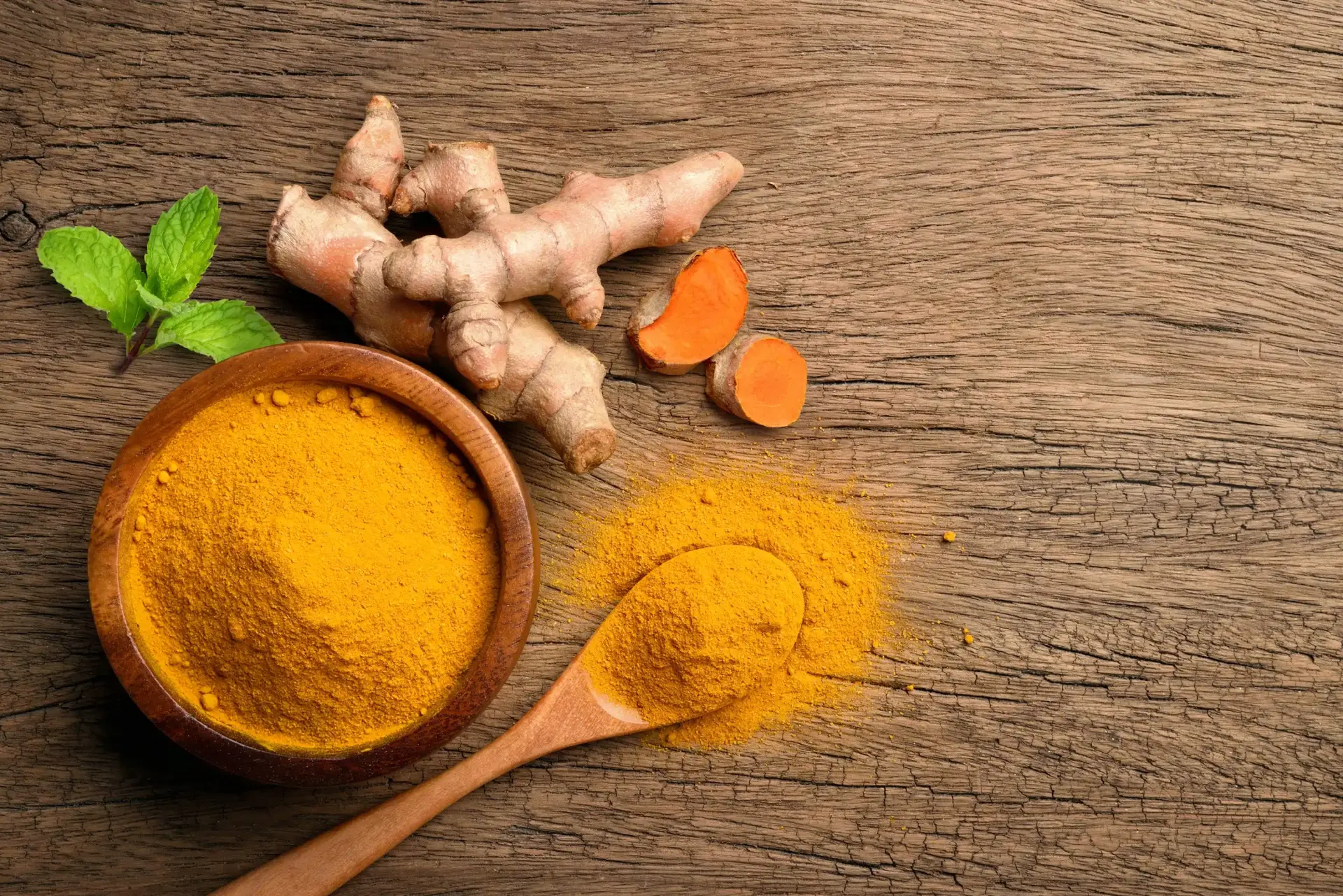Natural Treatment to Permanently Cure HIV/AIDS with Plants
The natural treatment we offer is composed of plants like jatropha with a powerful action against the HIV virus. It has been formulated by phytotherapy experts. Therefore, it guarantees effectiveness and a quick action time.
From the first month of treatment, you will notice significant relief marked by the gradual disappearance of the most important symptoms. This treatment is the best natural solution if you desire to lead a normal life and cure HIV/AIDS.
If you have been suffering from HIV/AIDS for years and genuinely wish to heal using plants, you are in the right place. It is a highly effective natural solution available to you.
This natural remedy is very effective in completely eradicating the HIV/AIDS virus. It is used for 3 months. At the end of this period, the virus will have completely disappeared from your body, and you will be HIV-negative. This natural treatment is the secret to curing HIV/AIDS using African plants.
Our care is individualized. It will vary depending on your symptoms and expectations.
Click on the image below to get it: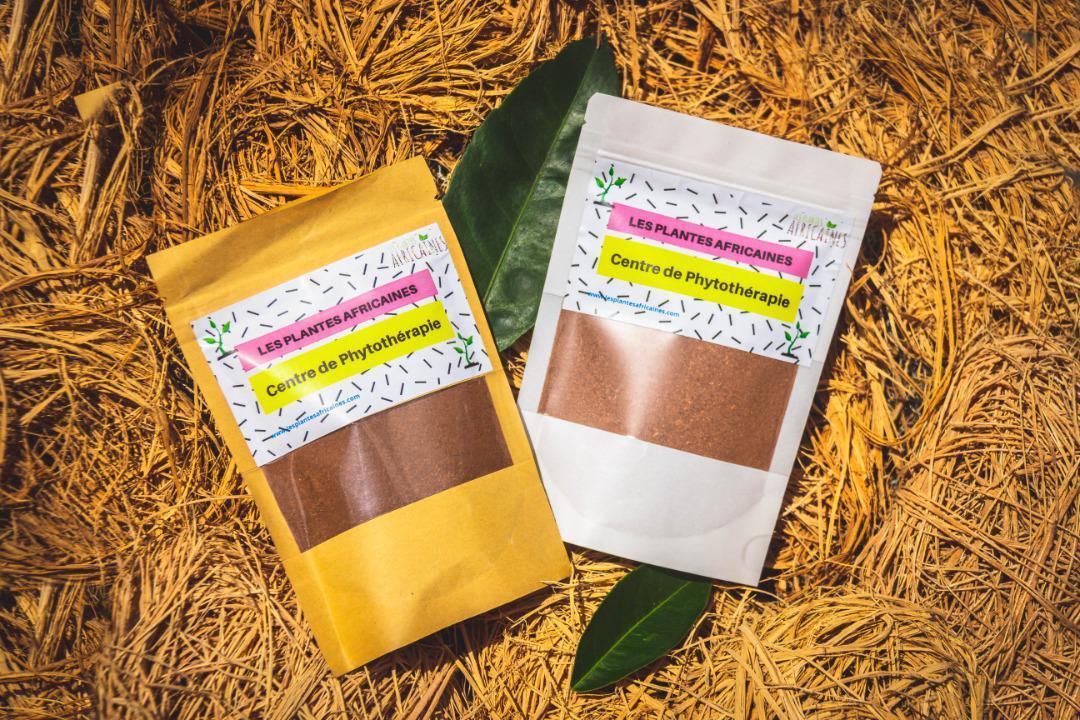
Order it now and start the natural treatment for HIV/AIDS as soon as possible. Guidance is provided throughout the duration of your treatment. To contact us, click on the WhatsApp button in the top right corner of the screen or call us at +228 79 83 66 66.
We are represented in all African countries and are active in Cameroon, Ivory Coast, Mali, Senegal, Burkina Faso, Togo, Kenya, Nigeria, Gabon, Central African Republic, Benin, Chad, South Africa, Rwanda, Botswana, Uganda, Tanzania, Congo-Brazzaville, and Kinshasa. So, rest assured that you will receive your products immediately after placing your order.
Delivery is free worldwide.
How Can Turmeric Benefit Someone with HIV?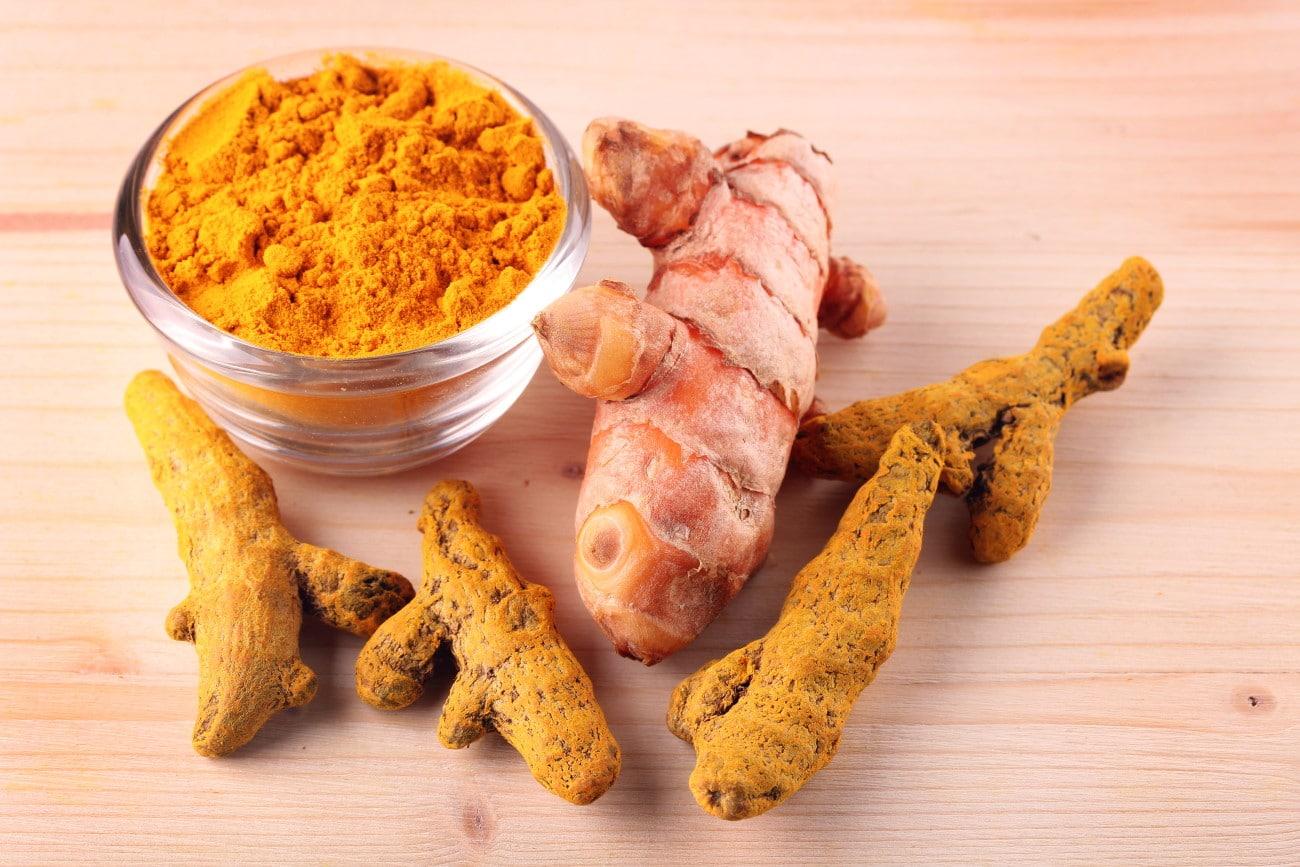
Turmeric, a spice derived from the root of Curcuma longa, has several potentially beneficial properties for people living with HIV/AIDS. It is important to note that turmeric should not be considered a substitute for antiretroviral medical treatments, which are essential for controlling HIV progression. However, turmeric can be a useful complement to a healthy lifestyle and overall health management. Here are some ways in which turmeric can benefit someone living with HIV:
- Anti-Inflammatory: Curcumin, the active component in turmeric, has well-documented anti-inflammatory properties. People living with HIV/AIDS may experience chronic inflammation due to viral infection and medication side effects. Curcumin can help reduce this inflammation, thereby improving overall well-being.
- Antioxidant: Curcumin is also a powerful antioxidant, meaning it can help neutralize free radicals responsible for oxidative stress. Oxidative stress can be an issue for people living with HIV, and curcumin can help protect cells and support overall health.
- Immune Support: While HIV attacks the immune system, bolstering it is always beneficial. Preliminary studies suggest that curcumin may modulate the immune system by stimulating immune cells and promoting a better immune response.
- Digestive Improvement: Gastrointestinal issues are common in people living with HIV. Turmeric can help alleviate digestive problems, reducing discomfort and aiding better nutrient absorption.
- Stress Management: Turmeric is also associated with reducing stress and anxiety, which can be particularly helpful for people living with HIV, as they may face significant emotional challenges.
However, it is crucial to discuss the use of turmeric or any other supplement with a healthcare professional, especially if you are already taking medications. Turmeric may interact with certain medications and pose risks for some medical conditions. It is best to consult a healthcare professional to determine the appropriate dosage and suitability of its use in your specific case.
In summary, turmeric can offer some benefits to people living with HIV/AIDS due to its anti-inflammatory, antioxidant, and immune-supporting properties. However, it should not be used as a substitute for conventional medical treatments, and it is important to consult a healthcare professional before incorporating turmeric or other supplements into your regimen.
We have a highly effective natural treatment to permanently cure HIV/AIDS.
Order it now and start the natural treatment for HIV/AIDS as soon as possible. Guidance is provided throughout the duration of your treatment. To contact us, click on the WhatsApp button in the top right corner of the screen or call us at +228 79 83 66 66.
We are represented in all African countries and are active in Cameroon, Ivory Coast, Mali, Senegal, Burkina Faso, Togo, Kenya, Nigeria, Gabon, Central African Republic, Benin, Chad, South Africa, Rwanda, Botswana, Uganda, Tanzania, Congo-Brazzaville, and Kinshasa. So, rest assured that you will receive your products immediately after placing your order.
Delivery is free worldwide.
Plants and Natural Remedies for HIV/AIDS
Some plants and natural remedies may have properties that can help support the immune system and improve the quality of life for people living with HIV/AIDS. Here are some of these approaches:
- Garlic: Garlic has antimicrobial and immunomodulatory properties that can help strengthen the immune system. It can be incorporated into daily diet as fresh garlic or extracts.
- Ginseng: Ginseng is studied for its immune-boosting effects. Some people find it enhances their energy and overall well-being.
- Green Tea: Antioxidant compounds in green tea can contribute to combating inflammation and supporting immune health.
- Medicinal Mushrooms: Mushrooms like reishi and shiitake are studied for their ability to boost immunity. They are available in the form of dietary supplements.
- Traditional Chinese and Ayurvedic Medicine: These systems use various herbs and plants to strengthen the body and immune system. However, their effectiveness has not been scientifically proven for HIV treatment.
- Nutritional Supplements: Some people living with HIV may benefit from vitamin and mineral supplements to maintain a strong immune system. However, it is important to consult a healthcare professional before taking supplements to avoid unwanted medication interactions. Before adopting any natural remedy or dietary supplement, it is imperative to consult a healthcare professional, especially a physician specialized in HIV/AIDS, for personalized advice.
We have a highly effective natural treatment to permanently cure HIV/AIDS.
Order it now and start the natural treatment for HIV/AIDS as soon as possible. Guidance is provided throughout the duration of your treatment. To contact us, click on the WhatsApp button in the top right corner of the screen or call us at +228 79 83 66 66.
We are represented in all African countries and are active in Cameroon, Ivory Coast, Mali, Senegal, Burkina Faso, Togo, Kenya, Nigeria, Gabon, Central African Republic, Benin, Chad, South Africa, Rwanda, Botswana, Uganda, Tanzania, Congo-Brazzaville, and Kinshasa. So, rest assured that you will receive your products immediately after placing your order.
Delivery is free worldwide.
Advice for People Living with HIV/AIDS and Their Loved Ones
People living with HIV/AIDS and their loved ones can benefit from practical advice and support in dealing with this complex disease. Here are some important tips for individuals with HIV/AIDS and their loved ones:
For People Living with HIV/AIDS:
- Regularly consult a healthcare professional: Regular medical follow-up is essential to monitor health status, adjust treatment as needed, and manage the side effects of antiretroviral medications.
- Take your medications correctly: Antiretroviral therapy (ART) is the cornerstone of HIV/AIDS treatment. It is crucial to take ART medications according to your doctor's instructions to maintain an undetectable viral load and protect your immune system.
- Adopt a healthy lifestyle: A balanced diet, regular physical activity, and stress management contribute to maintaining a strong immune system. Avoid excessive alcohol, tobacco, and drug use.
- Practice safe sex: Inform your sexual partners about your HIV status and use condoms to reduce the risk of virus transmission. Discuss with a healthcare professional about prevention options such as Pre-Exposure Prophylaxis (PrEP).
- Seek psychological support: HIV/AIDS can have a significant emotional impact. Do not hesitate to consult a counselor or join a support group to share your experiences and emotions.
For Loved Ones of People Living with HIV/AIDS:
- Educate yourself about HIV/AIDS: Learn as much as possible about the disease, its modes of transmission, treatment, and the realities of living with HIV. This will help you better understand and support your loved one.
- Provide emotional support: The diagnosis of HIV/AIDS can be unsettling. Be there to listen, offer support, and avoid judgment. Emotional support can make a significant difference.
- Be discreet and respectful of confidentiality: A person's HIV status is confidential. Respect their privacy and do not share information without their consent.
- Encourage medical care: Assist your loved one in adhering to medical treatment by accompanying them to medical appointments if necessary and encouraging them to take their medications regularly.
- Practice safe sex: If you engage in sexual activity with a person living with HIV, use condoms to reduce the risk of transmission.
- Support stigma reduction: Fight against HIV-related stigma and discrimination by raising awareness, promoting tolerance, and advocating for the rights of people living with HIV.
- Take care of yourself: Caring for a loved one with HIV/AIDS can be emotionally challenging. Remember to take time for yourself and seek support when needed.
Ultimately, support, understanding, and compassion play a crucial role for people living with HIV/AIDS. By working together to raise awareness, educate, and combat stigma, we can contribute to improving the quality of life for those affected by this disease.
We have a highly effective natural treatment to permanently cure HIV/AIDS.
Order it now and start the natural treatment for HIV/AIDS as soon as possible. Guidance is provided throughout the duration of your treatment. To contact us, click on the WhatsApp button in the top right corner of the screen or call us at +228 79 83 66 66.
We are represented in all African countries and are active in Cameroon, Ivory Coast, Mali, Senegal, Burkina Faso, Togo, Kenya, Nigeria, Gabon, Central African Republic, Benin, Chad, South Africa, Rwanda, Botswana, Uganda, Tanzania, Congo-Brazzaville, and Kinshasa. So, rest assured that you will receive your products immediately after placing your order.
Delivery is free worldwide.
Causes and Symptoms of HIV/AIDS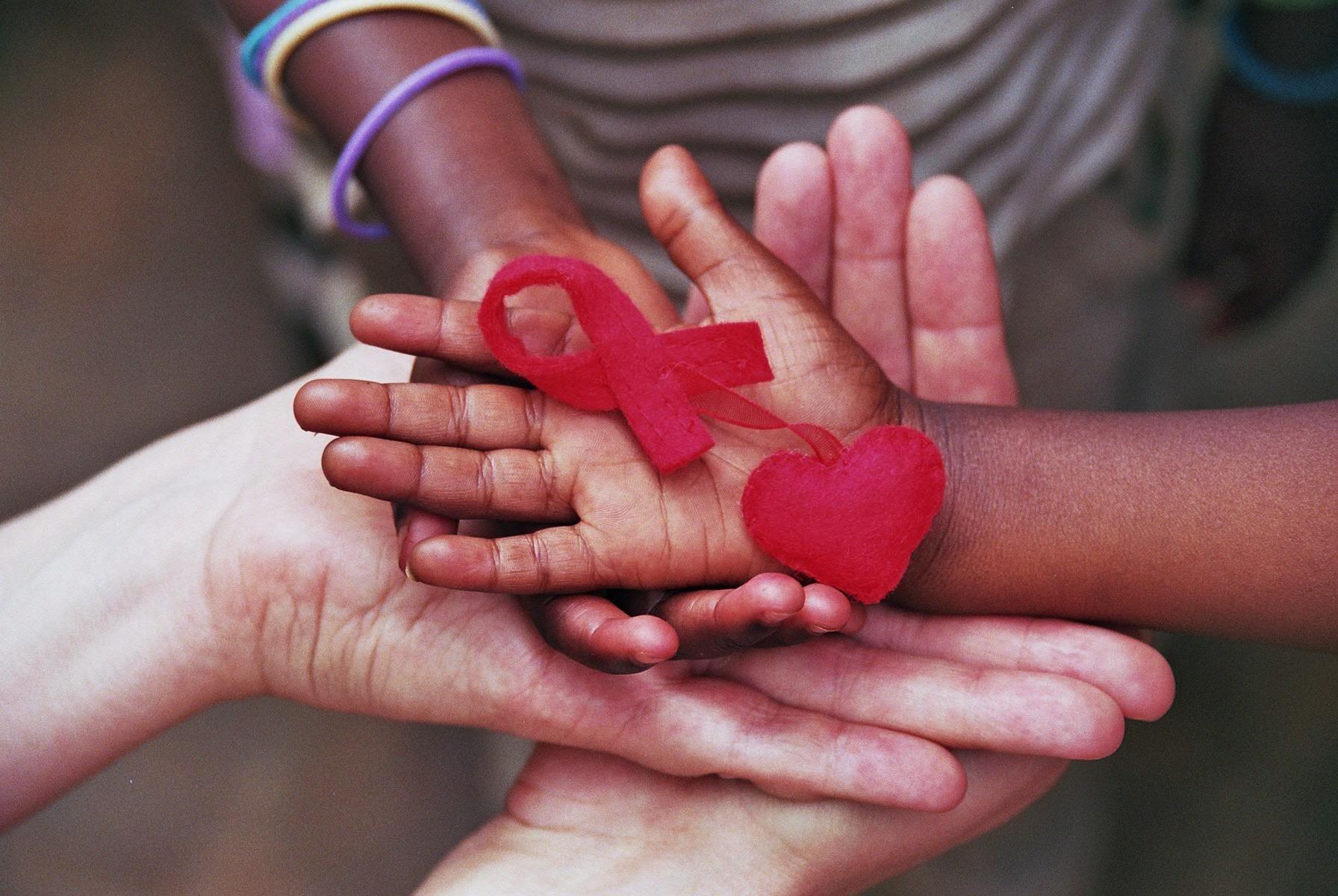
HIV/AIDS (Human Immunodeficiency Virus/Acquired Immunodeficiency Syndrome) is a complex disease caused by the human immunodeficiency virus (HIV). Here is an overview of the causes and symptoms associated with HIV/AIDS:
Causes of HIV/AIDS:
HIV is a retrovirus that attacks the immune system of the body. It is primarily transmitted through contact with certain infected bodily fluids, including:
- Blood: Sharing of HIV-contaminated needles, blood transfusions with infected blood (rare in developed countries due to strict controls), and occupational exposure to blood (e.g., among healthcare workers) can lead to HIV transmission.
- Semen and Vaginal Fluids: Unprotected sexual intercourse with an HIV-infected person can transmit the virus. The use of condoms significantly reduces the risk of transmission.
- Rectal Secretions: Unprotected anal sexual practices with an infected person pose an increased risk of HIV transmission.
- Breast Milk: HIV-infected mothers can transmit the virus to their baby during pregnancy, childbirth, or breastfeeding.
Symptoms of HIV/AIDS:
HIV typically progresses through several stages of infection, and symptoms can vary depending on the stage of the disease. It's important to note that many HIV-infected individuals do not experience immediate symptoms. Here is an overview of the phases and symptoms of HIV/AIDS:
- Acute Infection Phase:
- Fever
- Fatigue
- Skin rash
- Muscle aches
- Swollen lymph nodes
- Sore throat
- Headaches
- Genital ulcers
- Asymptomatic Phase:
- This phase can last for years without apparent symptoms.
- HIV actively multiplies in the body, but the infected person generally feels well.
- The immune system can gradually deteriorate during this phase.
- Advanced Symptomatic Phase (AIDS):
- This phase occurs when the immune system is severely weakened, making the body vulnerable to serious opportunistic infections.
- Symptoms may include respiratory infections (pneumonia), fungal infections (candidiasis), viral infections (cytomegalovirus), tumors (Kaposi's sarcoma), neurological disorders, and significant weight loss.
It is crucial to note that HIV/AIDS is a progressive disease. Without appropriate medical treatment, the disease typically advances to the advanced stage of AIDS, characterized by severely weakened immunity. However, thanks to antiretroviral medications (ARVs), many people living with HIV can maintain an undetectable viral load, preserve their immune health, and lead long and productive lives. Early screening followed by appropriate medical treatment is essential for controlling HIV/AIDS.
We have a highly effective natural treatment to permanently cure HIV/AIDS.
Order it now and start the natural treatment for HIV/AIDS as soon as possible. Guidance is provided throughout the duration of your treatment. To contact us, click on the WhatsApp button in the top right corner of the screen or call us at +228 79 83 66 66.
We are represented in all African countries and are active in Cameroon, Ivory Coast, Mali, Senegal, Burkina Faso, Togo, Kenya, Nigeria, Gabon, Central African Republic, Benin, Chad, South Africa, Rwanda, Botswana, Uganda, Tanzania, Congo-Brazzaville, and Kinshasa. So, rest assured that you will receive your products immediately after placing your order.
Delivery is free worldwide.
How to Prevent HIV/AIDS?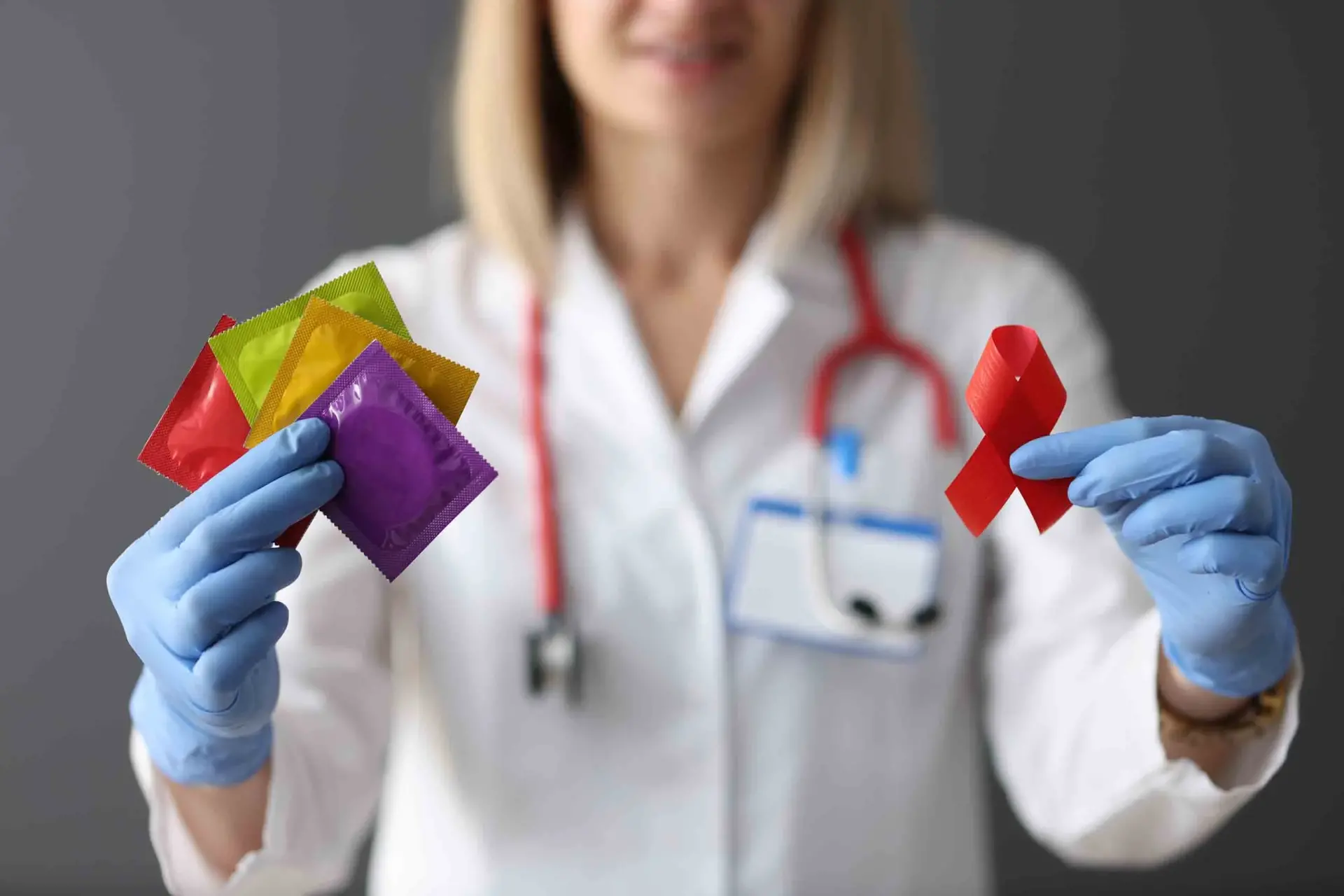
Preventing HIV/AIDS is essential to reduce the spread of the virus and protect everyone's health. Here are the primary measures to prevent HIV/AIDS:
- Condom Use: Correct and consistent use of male or female condoms is one of the most effective methods to prevent sexual transmission of HIV. Condoms reduce the risk of virus exposure during vaginal, anal, or oral sex.
- Regular Testing: HIV testing is essential because it can detect a possible infection at an early stage. The earlier HIV is diagnosed, the sooner treatment can be initiated to control the virus's spread.
- PrEP (Pre-Exposure Prophylaxis): PrEP involves taking antiretroviral medications before HIV exposure to prevent infection. It is recommended for individuals at high risk of HIV exposure, such as seronegative partners of seropositive individuals, sex workers, and people who have sex with partners of unknown or seropositive HIV status.
- PEP (Post-Exposure Prophylaxis): PEP is an option to reduce the risk of infection after potential HIV exposure, such as unprotected sexual intercourse with an HIV-positive person or exposure to contaminated blood. It is essential to start PEP within 72 hours of exposure.
- Responsible Sexuality: Limiting the number of sexual partners and having sex with partners whose HIV status is known can reduce the risk of transmission. Open and honest communication with partners about HIV status and condom use is crucial.
- Education and Awareness: It's important to educate yourself about HIV/AIDS, its modes of transmission, and risk factors. Adequate understanding can help make informed decisions regarding prevention.
- Safe Needle Use: For people who inject drugs, it is crucial not to share needles or injection equipment, as this can lead to HIV transmission.
- Access to Medical Care: If you are HIV-positive, regularly consult a healthcare professional for appropriate medical treatment. Antiretroviral medications can significantly reduce viral load and transmission risk.
- Support for Reducing Stigma and Discrimination: Combating HIV-related stigma is essential to encourage people to get tested and seek treatment. Promoting tolerance and raising awareness in society is important.
- Prevention of Mother-to-Child Transmission: HIV-positive pregnant women can reduce the risk of transmitting HIV to their baby by taking antiretroviral treatment during pregnancy, childbirth, and breastfeeding, in addition to consulting a healthcare professional for appropriate guidance.
In conclusion, HIV/AIDS prevention relies on a combination of measures, including condom use, regular testing, PrEP, PEP, and education. Knowledge and awareness play a crucial role in the fight against HIV/AIDS, and it's important for everyone to take steps to protect themselves and others.
We have a highly effective natural treatment to permanently cure HIV/AIDS.
Order it now and start the natural treatment for HIV/AIDS as soon as possible. Guidance is provided throughout the duration of your treatment. To contact us, click on the WhatsApp button in the top right corner of the screen or call us at +228 79 83 66 66.
We are represented in all African countries and are active in Cameroon, Ivory Coast, Mali, Senegal, Burkina Faso, Togo, Kenya, Nigeria, Gabon, Central African Republic, Benin, Chad, South Africa, Rwanda, Botswana, Uganda, Tanzania, Congo-Brazzaville, and Kinshasa. So, rest assured that you will receive your products immediately after placing your order.
Delivery is free worldwide.
How HIV/AIDS Is Transmitted
HIV (Human Immunodeficiency Virus) is primarily transmitted through contact with certain bodily fluids infected with the virus. Here are the main ways HIV is transmitted:
- Unprotected Sexual Intercourse: HIV can spread through sexual contact with an infected person, especially during vaginal, anal, or oral sex without the use of condoms. The risk of transmission is higher if either person has open sores, sexually transmitted infections (STIs), or a high viral load
- Sharing Injection Equipment: People who inject drugs using shared needles and equipment contaminated with HIV have a high risk of transmission. Sharing needles, syringes, spoons, or other injection gear can lead to virus transmission.
- Unsafe Blood Transfusions: Before systematic HIV testing, HIV could be transmitted through blood transfusions from contaminated blood. However, in developed countries today, blood transfusions are generally safe due to strict controls.
- Mother-to-Child Transmission: HIV-positive mothers can transmit the virus to their baby during pregnancy, childbirth, or breastfeeding. However, by following antiretroviral treatment under a healthcare professional's supervision, the risk of mother-to-child transmission can be significantly reduced.
- Contact with Infected Blood: HIV can be transmitted through direct contact with infected blood, such as through wounds, needlestick injuries, or contaminated sharp objects.
- Oral Sex: While the risk is considered lower than for vaginal or anal sex, HIV can be transmitted through unprotected oral sex, especially if there are oral sores or lesions.
- Mucous Membrane Contact: HIV can also be present in other bodily fluids like pre-ejaculate fluid, rectal fluid, and vaginal secretions, increasing the risk of transmission during unprotected sexual contact.
It's important to note that HIV is not transmitted through everyday actions like hugging, coughing, sneezing, sharing utensils, cheek kissing, public toilets, or swimming pools. HIV transmission requires direct contact with bodily fluids infected with the virus.
To reduce the risk of HIV transmission, it is recommended to use condoms during sexual intercourse, avoid sharing injection equipment, get tested for HIV regularly, initiate antiretroviral treatment if necessary, and take other prevention measures like PrEP (pre-exposure prophylaxis) and PEP (post-exposure prophylaxis) depending on the circumstances.
We have a highly effective natural treatment to permanently cure HIV/AIDS.
Order it now and start the natural treatment for HIV/AIDS as soon as possible. Guidance is provided throughout the duration of your treatment. To contact us, click on the WhatsApp button in the top right corner of the screen or call us at +228 79 83 66 66.
We are represented in all African countries and are active in Cameroon, Ivory Coast, Mali, Senegal, Burkina Faso, Togo, Kenya, Nigeria, Gabon, Central African Republic, Benin, Chad, South Africa, Rwanda, Botswana, Uganda, Tanzania, Congo-Brazzaville, and Kinshasa. So, rest assured that you will receive your products immediately after placing your order.
Delivery is free worldwide.
